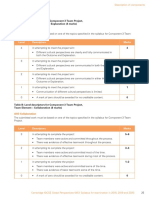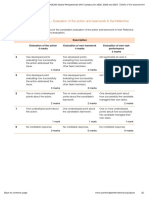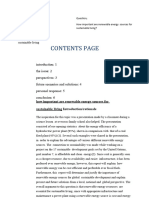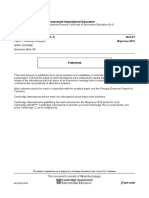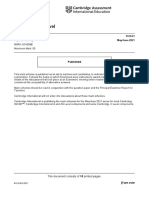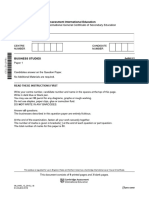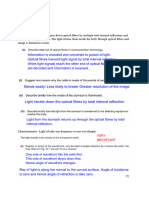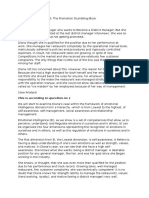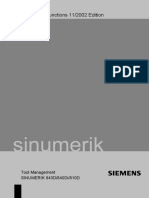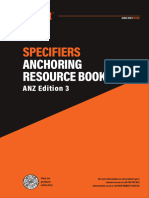100% found this document useful (1 vote)
2K views6 pagesStudent Guide: Global Perspectives IR
ir format
Uploaded by
Pratham GoradiaCopyright
© © All Rights Reserved
We take content rights seriously. If you suspect this is your content, claim it here.
Available Formats
Download as PDF, TXT or read online on Scribd
100% found this document useful (1 vote)
2K views6 pagesStudent Guide: Global Perspectives IR
ir format
Uploaded by
Pratham GoradiaCopyright
© © All Rights Reserved
We take content rights seriously. If you suspect this is your content, claim it here.
Available Formats
Download as PDF, TXT or read online on Scribd
/ 6







